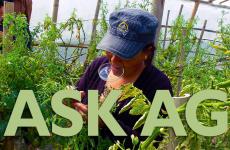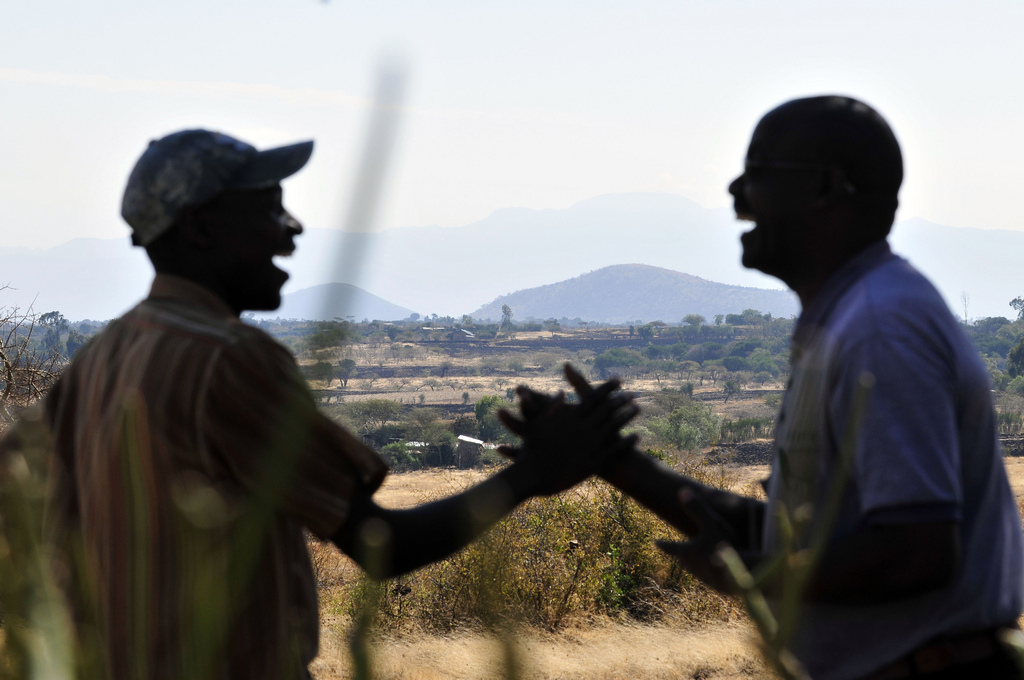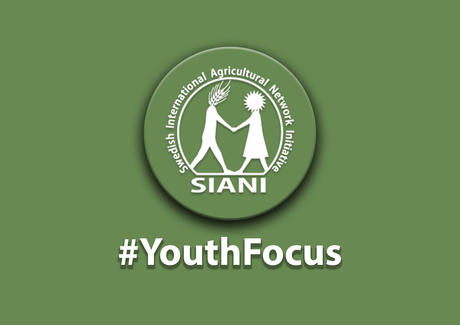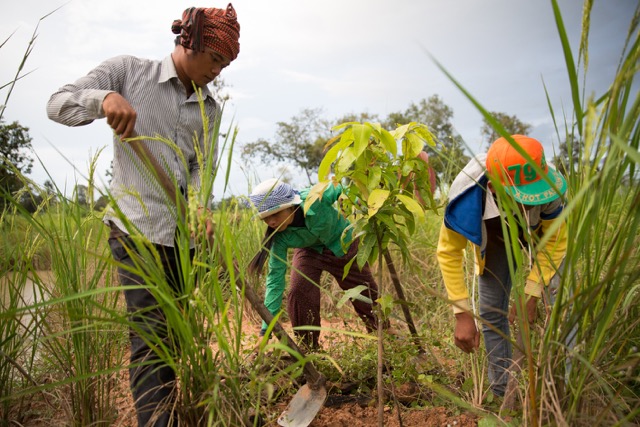Almost without a doubt, the continent’s youth will be a major contributor. As the graph above shows, the percentage of the population in Sub-Saharan Africa under the age of 14 is much higher than other regions and the world average. South Africa, with a relatively mature population compared to its neighbors, still skews quite young by world standards. Meanwhile, according to the U.N., Uganda’s approximately 35 million people have a median age of just 15.9, the youngest in the world.
The implications of Africa’s age demographics are numerous, and likely will have a significant impact on the world economy and global food security in the decades to come. The U.N. estimates that 17 million youth in Sub-Saharan Africa enter the job market every year. Many of these young workers are moving from rural areas to rapidly growing cities in pursuit of better livelihoods, giving the region an urbanization rate that is twice the world average. Today, about 40 percent of Africans live in cities, but that number is projected to pass 50 percent by 2030. Societies likely will face social and economic challenges in response to this migration. The continent will need to produce much more food as hundreds of millions of Africans cross into their early adult years, the time of life when people consume the highest number of calories.


 Join
Join 

 One of the main recommendations from the SIANI Annual meeting in January 2015 was to identify the ways to involve more youth in the discussion around agricultural development in general and in the SIANI network in particular. This lead to the launch of SIANI #YouthFocus– an initiative dedicated to creation and production of agriculture and food security related communication for the youngest members of the SIANI network.
One of the main recommendations from the SIANI Annual meeting in January 2015 was to identify the ways to involve more youth in the discussion around agricultural development in general and in the SIANI network in particular. This lead to the launch of SIANI #YouthFocus– an initiative dedicated to creation and production of agriculture and food security related communication for the youngest members of the SIANI network.